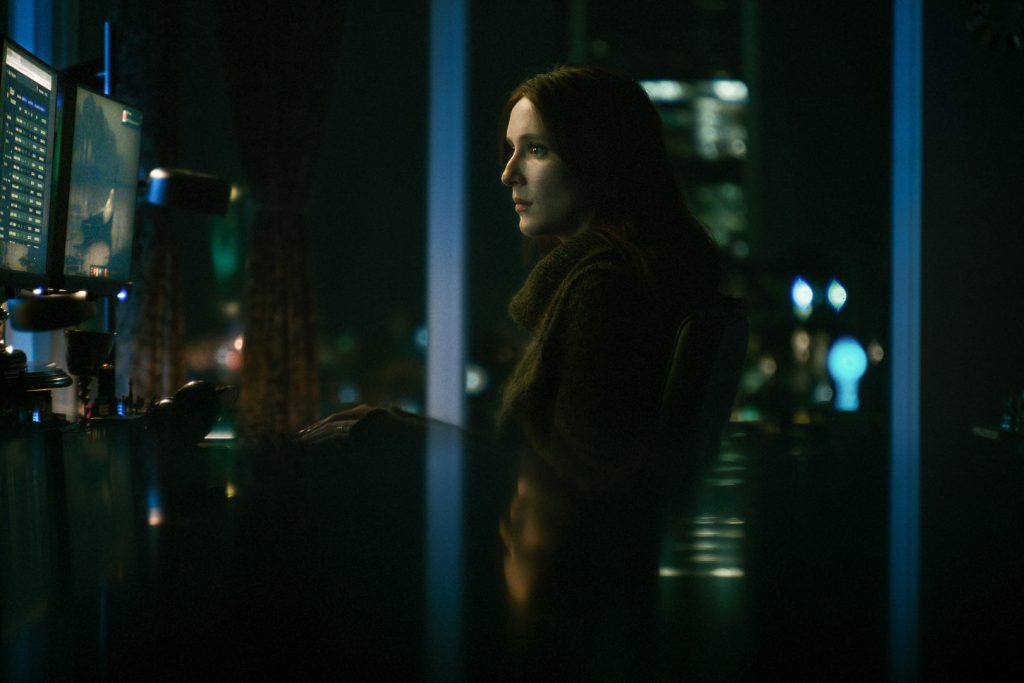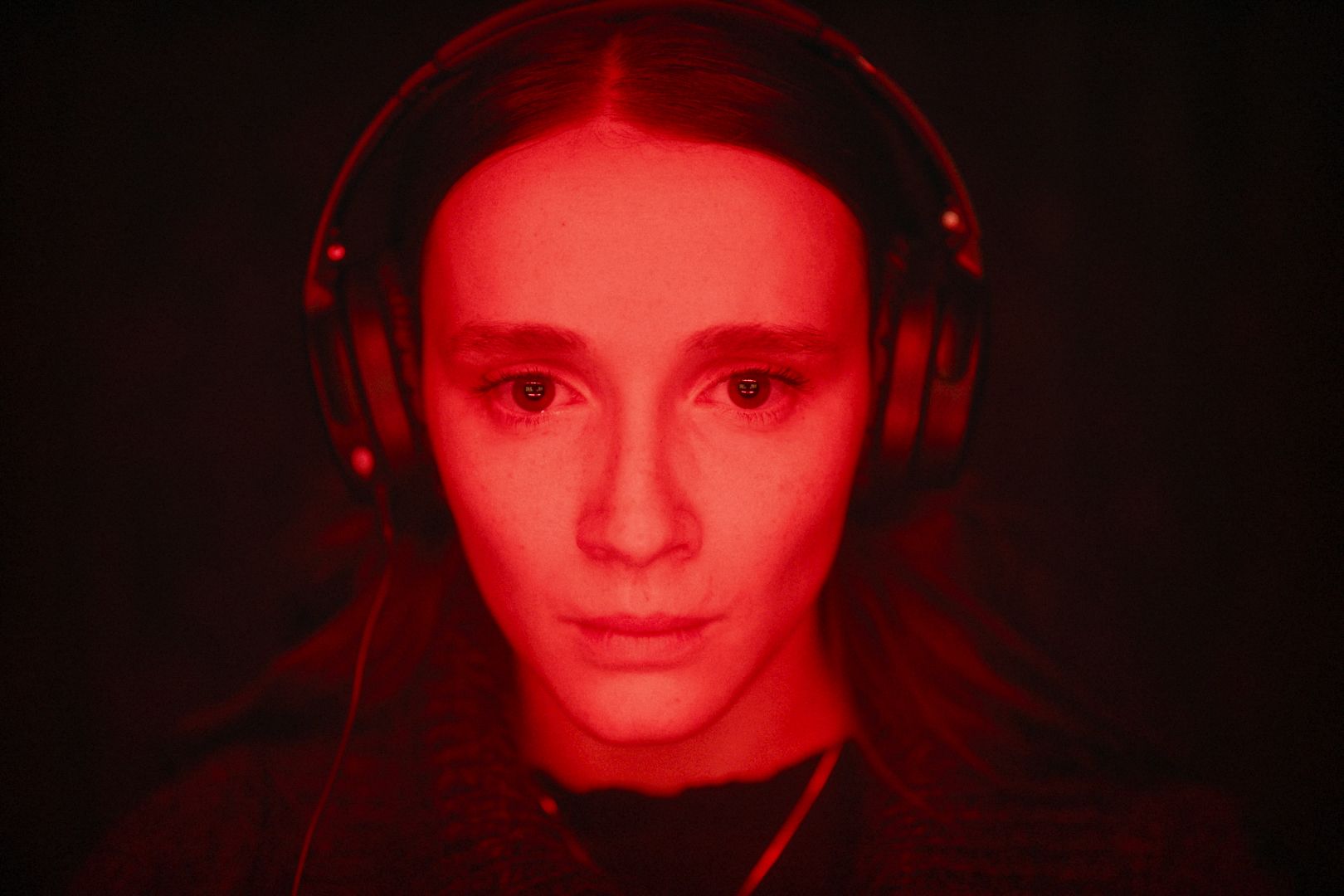Venturing into a distinct genre with a horror thriller, after his previous works in romantic film and sports drama, Pascal Plante presents a chilling cinematic piece inspired by true crimes, diving deep into society’s morbid fascination with serial killers.
The story revolves around Kelly-Anne (Juliette Gariépy), who finds herself drawn to the highly publicized trial of Ludovic Chevalier (Maxwell McCabe-Lokos), a serial killer held responsible for the brutal killings of three young girls and broadcasting their deaths on the dark web. The trial sends shockwaves across Quebec, inciting widespread condemnation for Chevalier, yet also draws in groupies such as Clémentine (Laurie Babin), a staunch defender of the killer. Haunted by suppressed fantasies, Kelly-Anne endeavours to unravel the enigma that is Ludovic Chevalier.

Echoes of real trial cases that have transpired in Quebec are undeniable in this narrative. Kelly-Anne and Clémentine embody the disturbing phenomenon of those who nurture a morbid obsession for such killers, fantasizing about being one of their victims. Despite sharing a common interest in Ludovic Chevalier, the characters of Kelly-Ann and Clémentine couldn’t be more distinct. While Kelly-Ann remains an enigma — a model with a lucrative online poker hobby, dabbling in cryptocurrencies and living in a high-end condo, Clémentine is outspoken, her candid demeanor bringing a dash of dynamism to the film. The performances, particularly Juliette Gariépy’s portrayal of the inscrutable, physically intense and emotionless Kelly-Anne, are commendable.
The direction by Pascal Plante is subtly masterful. The opening sequence establishes the trial’s gravity, and well-placed zooms heighten the drama of the unfolding tragedy. The score complements the film’s hard-to-tackle subject matter without veering into gratuitous sensationalism. Plante wisely chose to begin the narrative with the trial, sparing viewers the explicit portrayal of the murders. Instead, the gruesome acts are hinted at through snippets of video footage, with the narrative mostly recounting the events. This method engages viewers in a manner akin to real-life spectators — helpless observers. The occasional focus on the mother of one victim intensifies the film’s impact, compelling viewers to empathize with her grief. While not an easy watch, the film is important in reminding us of real-life tragedies and the imperative of remembering such events and their victims.
Les chambres rouges will hits theaters August 11.
4/5




